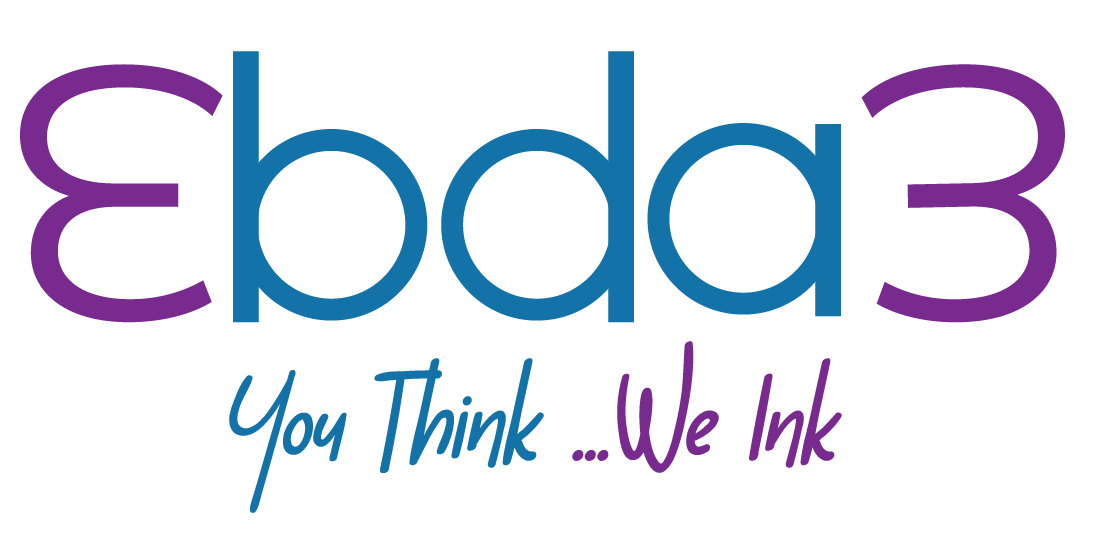Understanding Copywriting, Content Writing, and Blogging

In the vast realm of writing, it’s essential to distinguish between copywriting, content writing, and blogging. Each serves a distinct purpose and requires a unique approach to effectively communicate with the intended audience. Let’s delve into each category and uncover their nuances.
Copywriting: Crafting Persuasive Messages
At the heart of copywriting lies the art of persuasion. Copywriters specialize in creating compelling text designed to promote products, services, or brands. This encompasses a wide range of content, including advertisements, marketing emails, website copy, and sponsored posts. The primary objective of copywriting is clear: to drive sales by convincing readers to take specific actions, such as making a purchase or signing up for a service.
Copywriters excel at distilling complex ideas into concise, persuasive language that resonates with the target audience. They emphasize the unique selling points of the product or service while leveraging persuasive techniques to prompt action. Moreover, copywriting often involves integrating SEO strategies and keywords to enhance visibility and reach in the digital landscape.
- Information: Content writers provide valuable information.
- Education: They explain concepts, share insights, and offer solutions.
- Entertainment: Engaging content keeps readers coming back.
Content Writing: Informing, Educating, and Entertaining
Content writing casts a broader net, encompassing a diverse array of writing tasks aimed at informing, educating, or entertaining the audience. Unlike copywriting, which focuses primarily on driving immediate sales, content writing serves a broader spectrum of purposes. Content writers craft blog posts, articles, whitepapers, social media posts, and more, with the goal of providing value to the audience, establishing credibility, and fostering relationships with readers.
In essence, content writing seeks to inform, educate, or entertain rather than directly sell. Content writers delve into topics in-depth, offering insights, analysis, or entertainment that resonates with the audience’s interests and needs. While SEO considerations may still play a role, the primary emphasis is on delivering valuable content that engages and enriches the reader’s experience.
- Content Types:
- Blog Posts: In-depth articles on various topics.
- Articles: Longer pieces that explore subjects thoroughly.
- Whitepapers: Research-based documents.
- Social Media Posts: Short, engaging snippets.
- Newsletters: Regular updates for subscribers.
Blogging: Sharing Insights and Perspectives
Blogging represents a dynamic platform for individuals or businesses to share their thoughts, insights, experiences, or expertise on specific topics. It serves as an online journal or informational hub, regularly updated with new content to engage with the audience. Blog posts cover a wide spectrum of subjects, ranging from personal experiences and industry trends to how-to guides and opinion pieces.
One of the distinguishing features of blogging is its conversational tone, which fosters a sense of intimacy and connection with the audience. While some blog posts may incorporate elements of copywriting or content writing, the overarching goal remains the same: to engage with readers, spark discussions, and cultivate a community of followers.
- Skills and Techniques:
- Depth: Content writers dive into topics, providing detailed information.
- Clarity: Their language is accessible and reader-friendly.
- Credibility: Establishing authority through well-researched content.
- Audience Connection: Content resonates with readers’ interests and needs.
- Audience Focus:
- Value-Driven: Content aims to inform, educate, or entertain.
- Relationship Building: Establishing trust and credibility.
In Conclusion: Understanding the Differences
In summary, while copywriting, content writing, and blogging share commonalities in the realm of writing, each serves a distinct purpose and requires a tailored approach. Copywriting focuses on persuasion and driving sales, content writing aims to inform, educate, or entertain, and blogging provides a platform for sharing insights and perspectives. By understanding these nuances, writers can navigate the diverse landscape of writing with clarity and purpose.





